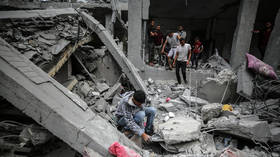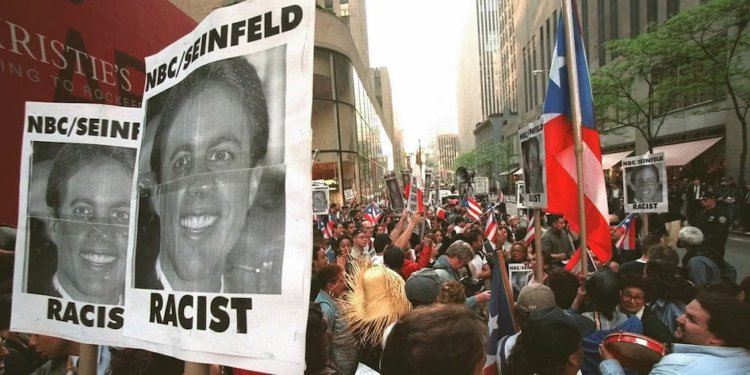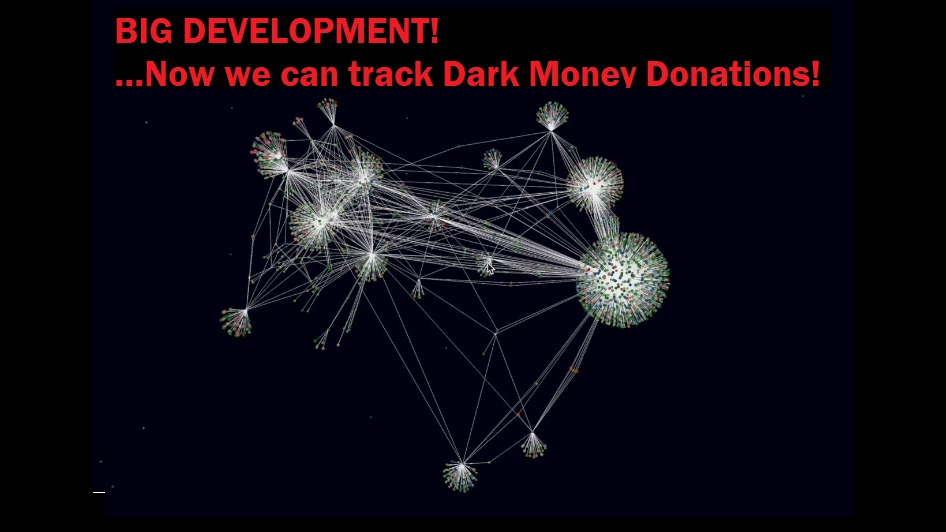AIER: Lockdowns Have Killed What’s Left Of The United Nations’ Credibility
from Humans Are Free:
 Distrust of the United Nations is a feeling that transcends political ideologies. Even many who view the UN as an essential institution gripe about the composition of its councils and its mounting listlessness over the last few decades.
Distrust of the United Nations is a feeling that transcends political ideologies. Even many who view the UN as an essential institution gripe about the composition of its councils and its mounting listlessness over the last few decades.
From charges of appeasement to accusations of moral relativism and beyond, the UN is regularly decried as an ineffectual circus of multinational bureaucrats, purposely or unwittingly promoting the interests of a global elite and undermining the sovereignty of nations.
Conspiracy theorists, rarely inclined to subtlety, see it as a Trojan horse for a New World Order, paving the way for a supranational world government.

Nevertheless, many of those complaints (and some of those suspicions, at least circumstantially) are justified. Despite its foundational goal of “maintain[ing] international peace and security” the U.N. has clung to an increasingly desultory role since its formation after World War II, adding mostly ineffective missions along the way.
Although the monitoring of human rights has been a part of the U.S. mission since its founding, the Universal Declaration of Human Rights was drawn up in 1948; during the 1980s it began picking up steam.
With the adoption of the Vienna Declaration and Programme of Action at the World Conference on Human Rights in 1993, that focus was formalized and infrastructure (a High Commissioner, with an office and staff) added.
Yet the U.N. has never failed to the extent that it has throughout 2020.
This year, the United Nations has effectively stood as a bystander and partial accomplice amid the most widespread violations of human rights at any time in its seven-decade history.
A Pantheon Of Dysfunction
Proponents of the UN often cite the relative stability, despite smaller regional conflicts, which prevailed between its 1945 founding and the early 1990s.
Yet the ineffectiveness of the UN seems to have increased since the end of the Cold War, strongly suggesting that the (again, relative) interim calm has more to do with a clearly demarcated, two-power world than anything the UN can lay claim to.
Since the collapse of the Soviet Union and the Eastern Bloc, the organization has proven unable to stop bloody conflicts in Syria, Myanmar, Yemen, Libya, and Eastern Ukraine, to name a few, while mounting ineffective responses to atrocities in Somalia, Rwanda, Bosnia, and elsewhere.
The U.S. invasion of Iraq in 2003 was called “illegal” by the UN, bringing to mind an old Robin Williams bit. And where peacekeeping missions have been effective, they tend to develop the character of foreign policy ‘heirlooms:’ the average age of the 14 active United Nations missions is 26 years.
Accounts of abuse and corruption have further tarnished its idealistic facade, as have legendary stories of diplomatic abuse in New York City, where the UN Headquarters occupies 18 acres of priceless Manhattan real estate. Incompetence and retaliatory policies are part of the mix as well.
There are plenty of reasons not to take the United Nations seriously. But those should be set aside for the most recent abdication of its charter. It claims to “protect human rights through legal instruments and on-the-ground activities;” the latter permitting U.N. officials to “examine, monitor, publicly-report, and advise on human rights from a thematic or country-specific perspective.”
And yet despite a handful of vacuous comments, the United Nations has stayed virtually silent during global lockdowns by its member states.
Looking The Other Way
In 1984, the Forty-first session of the Commission on Human Rights met at a high-level conference in Siracusa, Italy. The purpose of the meeting was to discuss the situations under which the observation of human rights by governments can be either reduced or suspended as contemplated by “professors, practitioners, and other experts in human rights from all regions of the world.”



